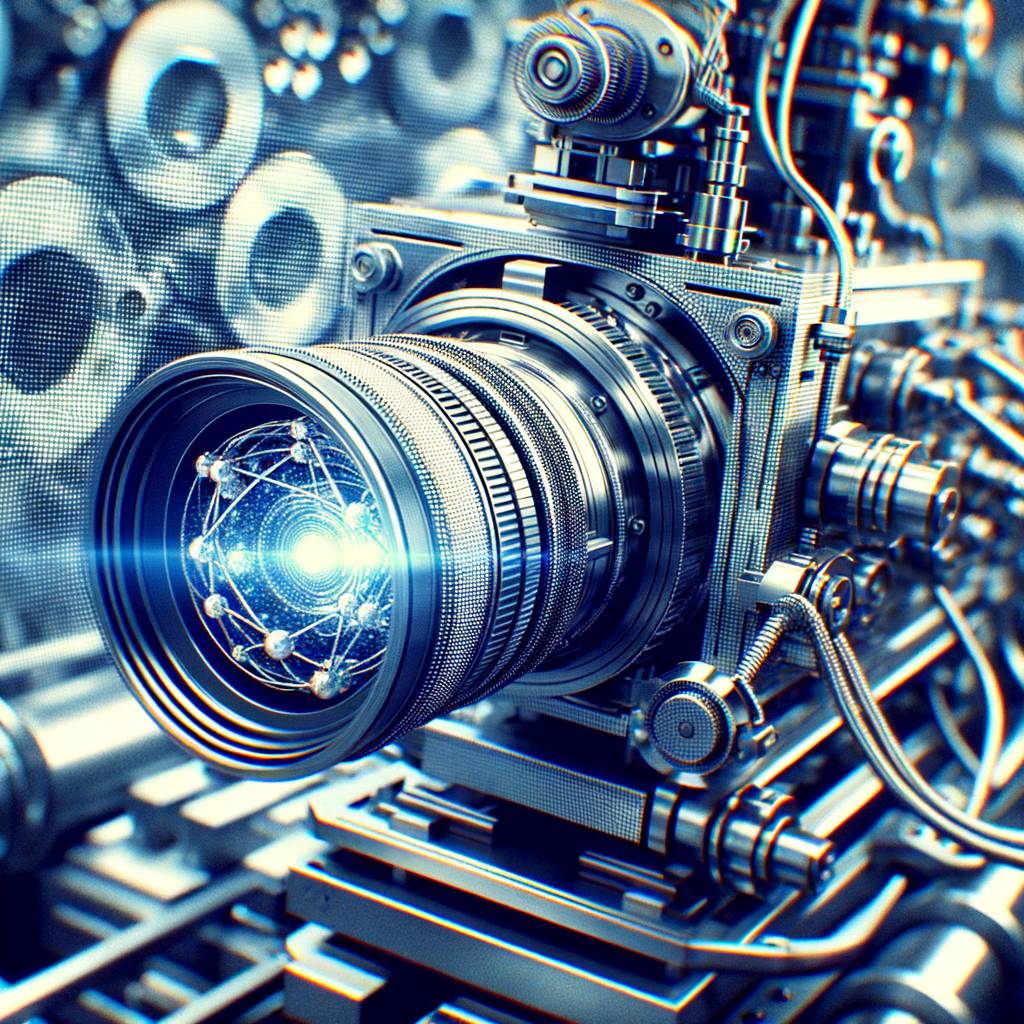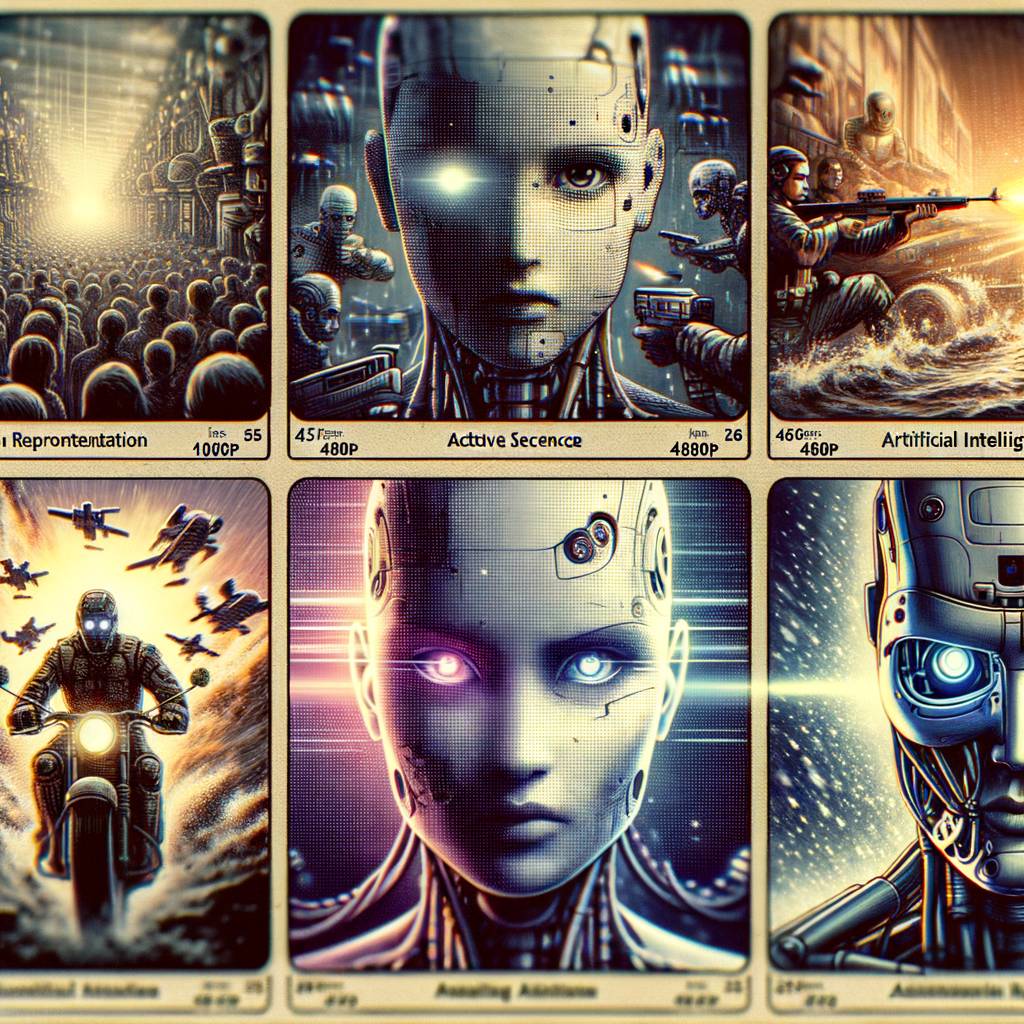Science fiction has always been a genre that sparks imagination and curiosity. It takes us to worlds beyond our own, introduces us to technologies that are yet to be invented, and presents us with ideas that challenge our understanding of the universe. One such work that has recently garnered much attention is Liu Cixin’s “The Three-Body Problem”.
However, despite the hype surrounding the book and its Netflix adaptation, there are reasons to believe that the acclaim is overrated. This article will delve into the reasons why “The Three-Body Problem” might not live up to its hype.
Complexity Over Clarity
One of the main criticisms of “The Three-Body Problem” is its complexity. The book is filled with intricate scientific concepts and theories that can be difficult to grasp for the average reader. While some may argue that this complexity adds depth to the story, it can also be a barrier to understanding and enjoyment.
As science fiction author Neal Stephenson once said, “The difference between stupid and intelligent people—and this is true whether or not they are well-educated—is that intelligent people can handle subtlety.”¹ However, in the case of “The Three-Body Problem”, the subtlety often gives way to confusion.
Character Development Takes a Backseat
Another issue with “The Three-Body Problem” is its lack of character development. The characters often feel flat and one-dimensional, serving more as vehicles for the plot rather than fully realized individuals. This lack of character depth can make it difficult for readers to connect with the story on an emotional level.
Lost in Translation
“The Three-Body Problem” was originally written in Chinese and later translated into English. While the translation is generally well-done, there are instances where cultural nuances and subtleties are lost. This can lead to misunderstandings and a lack of appreciation for certain aspects of the story.
Overhyped Netflix Adaptation
The Netflix adaptation of “The Three-Body Problem” has been met with much anticipation. However, there are places where the complex nature of the book doesn’t translate well to the screen. Furthermore, Netflix’s hand with adapting complex science fiction novels has been hit or miss, leading some to doubt whether the adaptation lives up to the hype.
Conclusion
While “The Three-Body Problem” is undoubtedly a unique and ambitious work of science fiction, it is not without its flaws. Its complexity, lack of character development, and potential issues with translation and adaptation may make it less accessible and enjoyable for some readers and viewers. Therefore, while the hype surrounding “The Three-Body Problem” is understandable, it may also be overrated.
Ultimately, the value of a work of science fiction is not determined by its hype, but by its ability to engage, inspire, and challenge its audience. Whether or not “The Three-Body Problem” achieves this will depend on the individual reader or viewer.
Footnotes
¹ Neal Stephenson, “Some Remarks: Essays and Other Writing”, 2012



